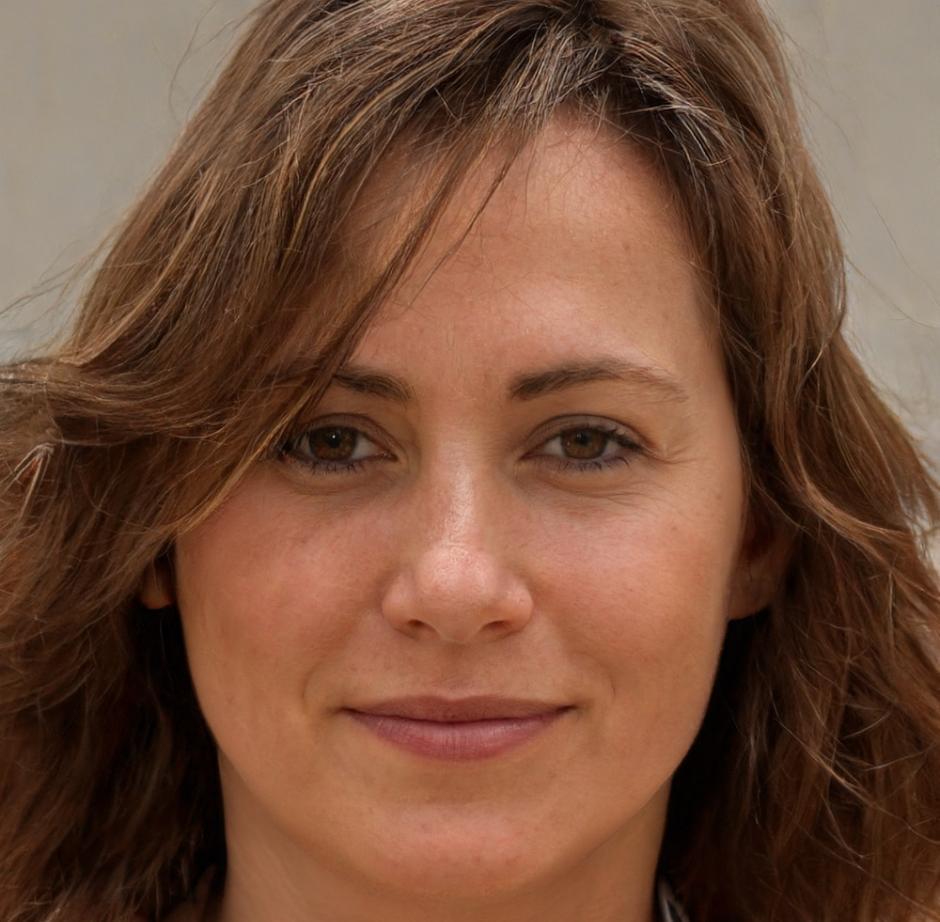Build Financial Mastery Through Structured Learning
We work with businesses across Taiwan that need their teams to understand budget creation at a deeper level. Not just spreadsheets and formulas—but the actual thinking behind resource allocation decisions.
Our approach centers on connecting theoretical frameworks to daily operational realities. Because budget skills matter most when they translate into better planning cycles and smarter financial conversations.
Discuss Your Team's Needs

Margot Chen
Lead ConsultantLearning From Someone Who's Built Budgets Under Pressure
Real Corporate Experience
Margot spent eight years managing financial operations for mid-size tech companies before transitioning to education. She's built annual budgets during expansion phases and cost-cutting periods—both scenarios demand different mental frameworks.
Teaching That Connects To Your Context
Her sessions don't follow generic templates. She asks about your revenue cycles, your approval processes, your reporting requirements. Then builds examples that mirror what your team actually encounters during planning season.
Practical Skill Development
Participants leave with methods they can apply immediately. How to justify variance explanations. When to use zero-based versus incremental approaches. How to present budget scenarios to non-finance stakeholders without losing key details.
How We Structure Corporate Programs
Each engagement gets customized based on your team's current capabilities and specific gaps. But here's how most programs unfold across four distinct phases.
Foundation Assessment
We start by understanding what your team already knows and where they struggle. This isn't a test—it's a conversation that reveals whether the challenge is technical knowledge, process clarity, or something else entirely.
Week 1-2Core Methodology Sessions
Six interactive workshops covering budget architecture, variance analysis, forecasting adjustments, and stakeholder communication. Each session includes case studies drawn from similar industries. Participants work through scenarios in small groups.
Weeks 3-8Applied Practice Period
Your team applies concepts to an actual upcoming budget cycle or retrospective analysis of the previous period. Margot provides weekly office hours for questions as implementation challenges surface. This is where learning becomes capability.
Weeks 9-14Refinement and Documentation
Final sessions focus on standardizing what worked into repeatable processes for your organization. We help create internal reference materials so future team members benefit from the investment you're making now.
Weeks 15-16